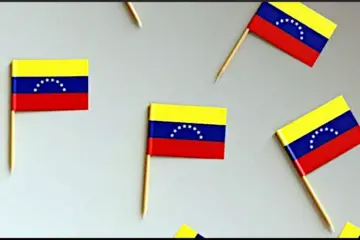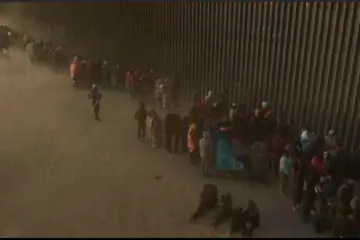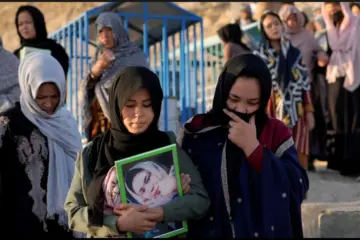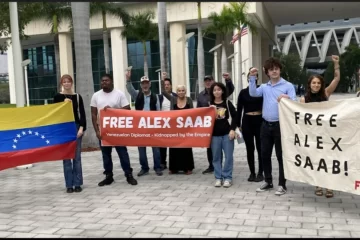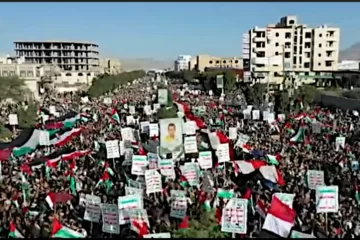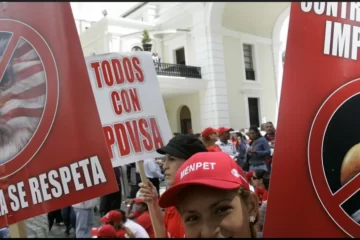How Venezuela Is Overcoming the US Blockade
by Roger Harris, published on Counterpunch, June 28, 2024 The future of Venezuela’s Bolivarian Revolution, a target of US imperial power since its inception in 1998, may be decided on July 28, the date of their presidential election. Incumbent President Nicolás Maduro and seven other presidential candidates pledged to abide by the choice of the electorate. Edmundo González, promoted by[…]
Read more
